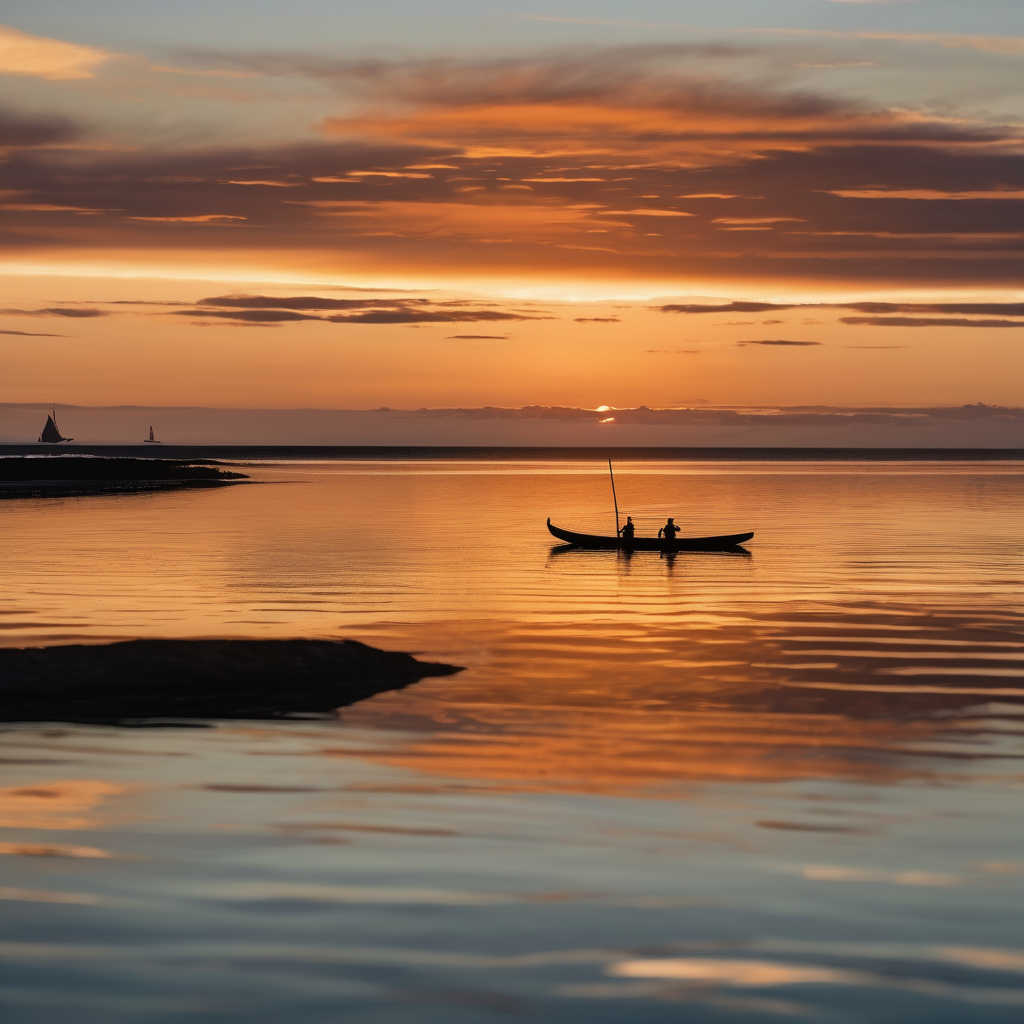The urgency of addressing climate change took center stage as Pacific island leaders gathered for the 80th session of the United Nations General Assembly in New York during the last week of September. Micronesian President Wesley Simina articulated the sentiments of many when he stated, “The climate crisis is not up for debate. The only question is whether we will act with the urgency it demands.” The leaders from the Pacific reinforced a unified message: climate change is an immediate peril, not a distant threat, as rising sea levels pose a significant risk to their nations.
The UN Secretary General António Guterres echoed this call for urgent action. He highlighted the transformative shift towards clean energy, asserting that it must replace fossil fuels and that finance and equity should be central to the global response. Guterres stressed the necessity for “dramatic emissions cuts” to meet the goals of the Paris Agreement aiming for a limit of global warming to 1.5°C.
However, the discussion was not without contention, particularly concerning the proposed deep-sea mining initiatives. Nations such as Nauru, the Cook Islands, and Kiribati are exploring seabed mining to help transition away from fossil fuels. Still, this has sparked significant debate across the region. President Simina cautioned that any such endeavors must be guided by comprehensive scientific understanding and community consultation, emphasizing the potential ecological impacts if not approached responsibly.
Palau President Surangel Whipps Jr. also voiced concerns, warning against the characterization of deep-sea mining as a “silver bullet” for climate challenges. He reiterated the potential for irreparable harm, including biodiversity loss and detrimental effects on fisheries, crucial for Pacific communities. His stance resonates with the broader movement, as specified during the Third UN Ocean Conference, where Palau, alongside 38 other countries, supported a moratorium on seabed mining until its environmental impacts are well understood.
Exploration efforts are underway, with the U.S. Bureau of Ocean Energy Management beginning the process for deep-sea mineral exploration off American Samoa—an initiative driven by an executive order from former President Donald Trump. This has drawn objections from environmental groups who stress the need for rigorous protections against environmental degradation.
The Marshall Islands have expressed strong opposition, insisting on a moratorium on mining in international waters until adequate safeguards and a deeper understanding of biodiversity impacts are established. President Hilda Heine stressed that while the economic potential of seabed mining is significant, it must not come at the irreversible expense of the region’s waters and fisheries.
In a contrasting view, Nauru President David Adeang defended his country’s plans for seabed mining, advocating for a balanced approach that respects member state rights while pursuing economic opportunities essential for human progress. He emphasized that failing to engage in responsible recovery could delay necessary advancements in mineral extraction that transition away from fossil fuels.
As these leaders navigate the complex terrain of climate action and economic aspirations, the call for a more robust regulatory framework around deep-sea mining continues to grow. There is a shared hope among many that a careful, scientifically-informed approach can be adopted to balance the urgent need for climate action with the imperatives of environmental stewardship. Recognizing the interconnectedness of ocean ecosystems and the urgency of the climate crisis offers a chance for Pacific island nations to emerge not only as voices of caution but also as leaders in sustainable practices that align economic development with the preservation of their rich marine biodiversity.
